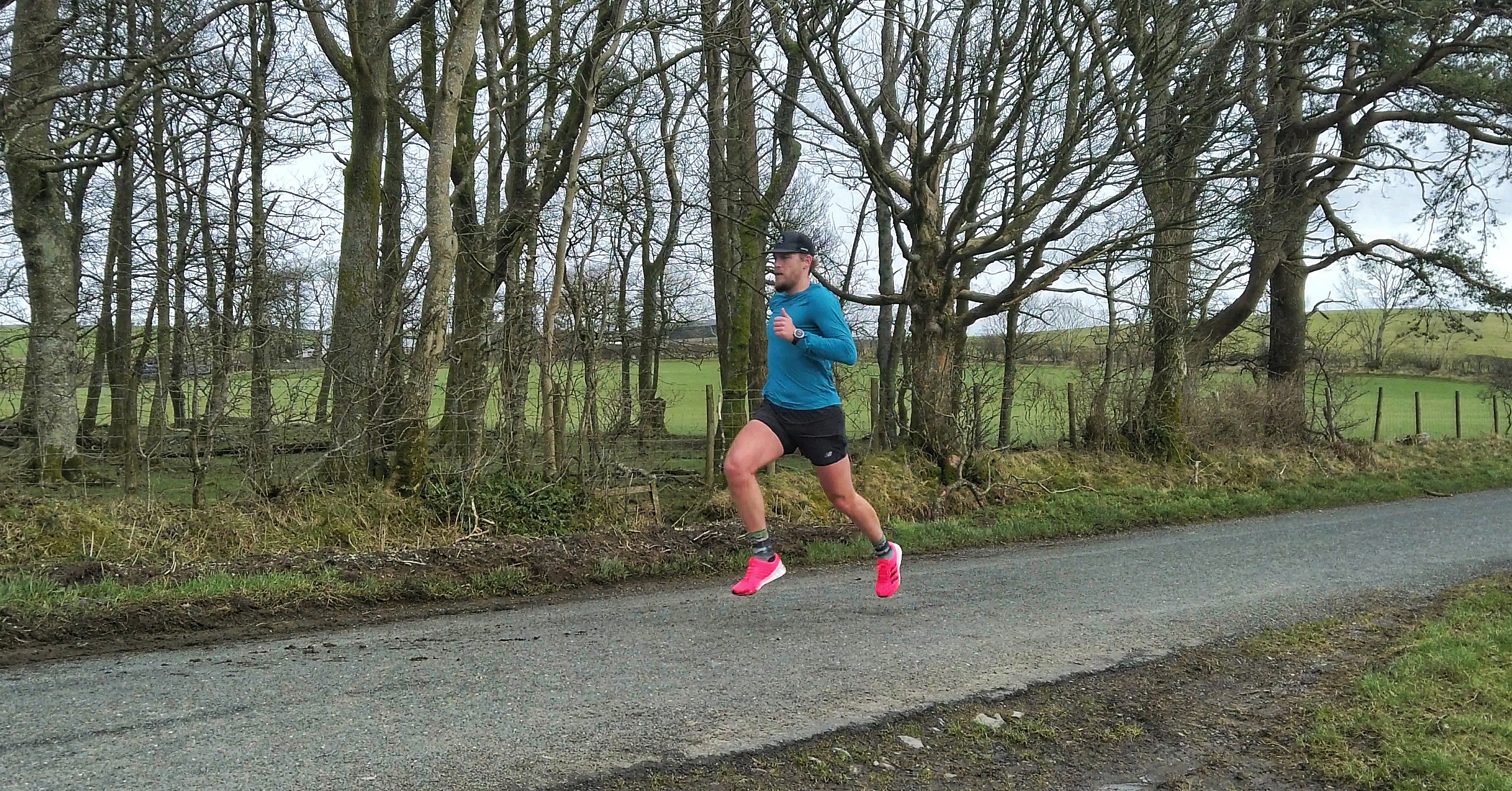Fuel Your Run: A Guide to Optimal Runner's Nutrition
- Darren Haworth

- Jul 6, 2023
- 4 min read
Updated: Aug 11, 2023
Running is a fantastic way to stay fit, boost your cardiovascular health, and achieve your fitness goals. Whether you're a seasoned marathoner or a casual runner one key aspect that can greatly impact your performance and overall well-being is proper nutrition. Just like a car needs fuel to run smoothly, runners require the right balance of nutrients to perform at their best. In this blog, we'll explore the essential components of a runner's nutrition and provide practical tips to optimize your diet for peak performance.

1. Carbohydrates: Your Energy Source
Carbohydrates are the primary fuel source for runners. They provide the energy needed to sustain endurance and prevent fatigue. Complex carbohydrates, such as whole grains, brown rice, quinoa, and sweet potatoes, should make up the bulk of your carbohydrate intake. These foods release energy slowly, providing a steady stream of fuel during your run. Aim to consume around 50-60% of your total daily calorie intake from carbohydrates.
2. Protein: Muscles' Best Friend
Protein plays a crucial role in repairing and building muscles, making it essential for runners. Include lean protein sources like chicken, turkey, fish, tofu, eggs, and legumes. Protein intake should be approximately 15-20% of your total daily calorie intake. Timing is also important. Consuming protein-rich foods within an hour after your run helps kick-start the muscle recovery process.
3. Healthy Fats: The Right Kind Matters
While fats have traditionally received a bad reputation, they play a vital role in a runner's diet. Healthy fats, such as avocados, nuts, seeds, olive oil, and fatty fish like salmon, provide energy and support overall health. Including a moderate amount of healthy fats, roughly 20-30% of your daily calorie intake, helps with nutrient absorption and reduces inflammation.
4. Hydration: Stay Ahead of the Game
Proper hydration is vital for runners, as even mild dehydration can negatively impact performance. Aim to drink water throughout the day, and ensure you're adequately hydrated before, during, and after your runs. During longer runs or intense workouts, consider sports drinks or electrolyte-rich beverages to replenish essential minerals lost through sweat.
5. Vitamins and Minerals: The Missing Pieces
To support your body's overall health and optimize performance, include a wide variety of fruits and vegetables in your diet. These colorful foods provide essential vitamins, minerals, and antioxidants that promote recovery, boost the immune system, and protect against oxidative stress. Aim for a rainbow of colors on your plate, ensuring you get a good mix of nutrients.
6. Pre-Run and Post-Run Nutrition:
Before a run, opt for easily digestible, low-fiber meals or snacks that provide a mix of carbohydrates and a small amount of protein. This combination ensures sustained energy without causing digestive discomfort.
Examples include a banana with almond butter, a small bowl of oatmeal with berries, or a yogurt parfait with granola.
After a run, prioritize replenishing your glycogen stores and providing your muscles with the necessary nutrients to recover. Aim for a balanced meal or snack that contains both carbohydrates and protein. Chocolate milk, a turkey and avocado sandwich on whole-grain bread, or a smoothie with Greek yogurt and fruits are excellent choices.
Here's a sample nutrition plan -
Pre-Run Meal/Snack Options:
Option 1: Banana and almond butter -One medium-sized banana
-One tablespoon of almond butter
Option 2: Oatmeal with berries -Half a cup of rolled oats cooked with water or milk
-Handful of mixed berries (blueberries, raspberries, strawberries)
-Optional: sprinkle of chia seeds or a drizzle of honey for added sweetness
Option 3: Greek yogurt parfait -Half a cup of Greek yogurt
-Handful of granola (choose a low-sugar option)
-Mixed berries

During the Run:
Stay hydrated by sipping water throughout your run. For longer runs or intense workouts, consider carrying a sports drink or electrolyte-rich beverage to replenish lost minerals.
Post-Run Meal/Snack Options:
Option 1: Chocolate milk - one of my personal favorites! -One cup of low-fat chocolate milk
-Provides a good balance of carbohydrates and protein for recovery
Option 2: Turkey and avocado sandwich -Two slices of whole-grain bread
-Four to six slices of lean turkey
-Sliced avocado
-Lettuce and tomato for added freshness
Option 3: Protein smoothie -One scoop of protein powder (whey, plant-based, or your preferred choice)
-One cup of almond milk or Greek yogurt
-Handful of spinach or kale
-Mixed berries or a sliced banana
-Optional: add a tablespoon of nut butter or a sprinkle of flaxseeds for extra nutrients
Daily Nutrition Tips:
Include a variety of fruits and vegetables in your meals and snacks to ensure a wide range of vitamins, minerals, and antioxidants.
Consume lean protein sources such as chicken, turkey, fish, tofu, eggs, and legumes to support muscle repair and growth.
Prioritize complex carbohydrates like whole grains, brown rice, quinoa, and sweet potatoes for sustained energy.
Incorporate healthy fats from sources like avocados, nuts, seeds, and olive oil to support overall health and reduce inflammation.
Stay hydrated throughout the day, not just during your runs. Aim to drink water regularly and consider electrolyte-rich beverages for longer or more intense workouts
Proper nutrition is an integral part of a runner's training regimen. By fueling your body with the right nutrients, you can optimize your performance, enhance recovery, and reduce the risk of injury.
Remember I will always help with guidance and tips but to personalise your nutrition plan based on your specific needs OR requirements I would recommend you consult with a registered dietitian if needed.







Comments